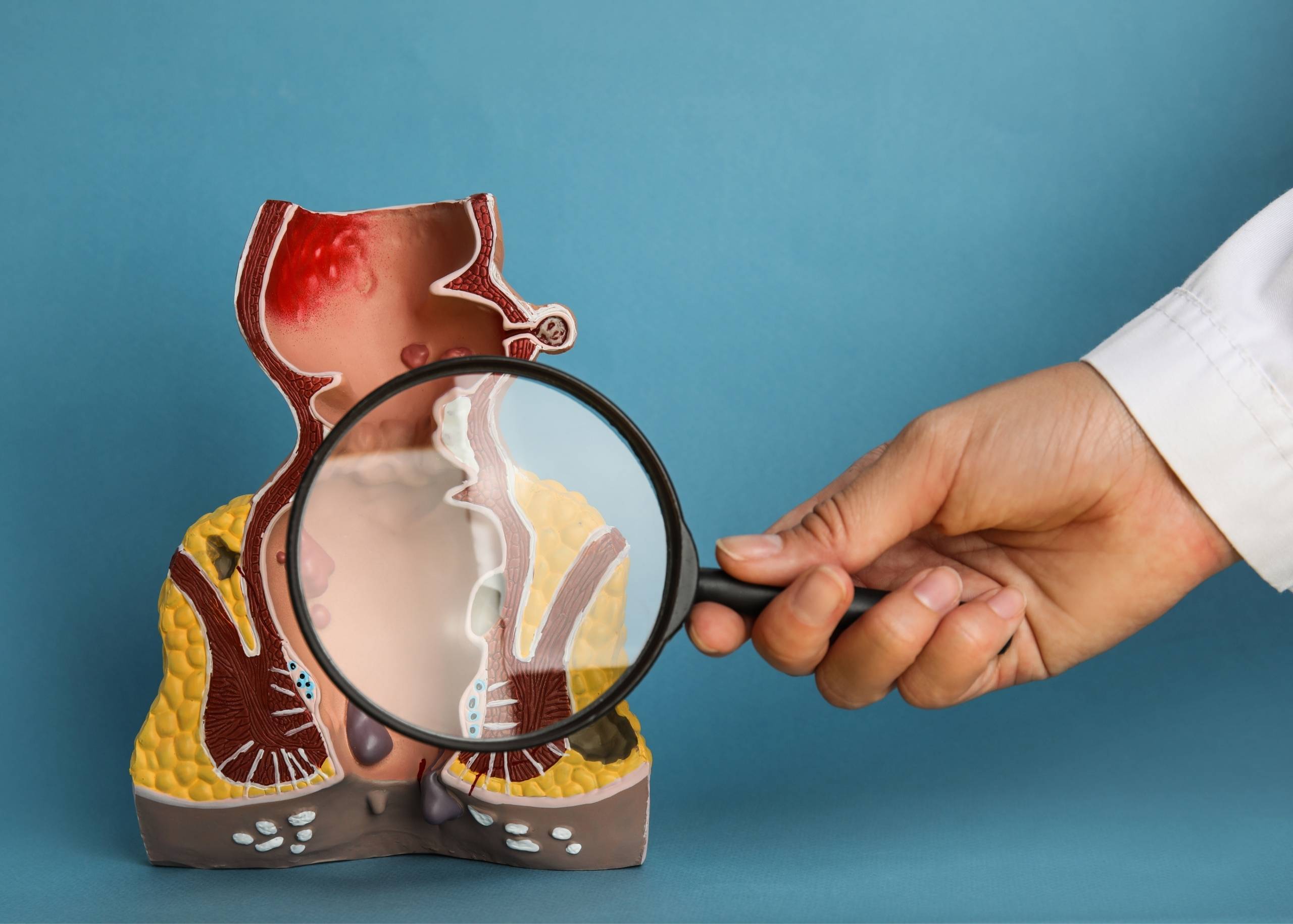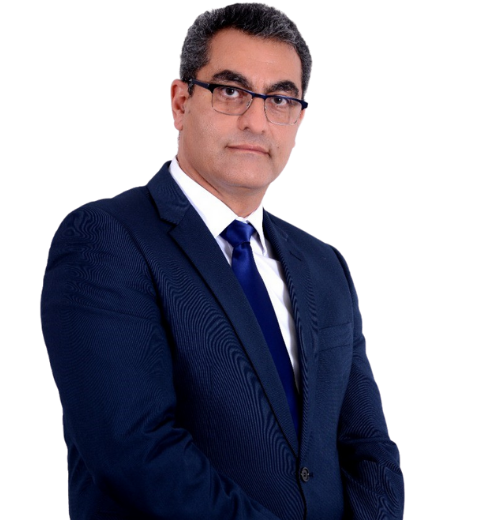Anal fissures are common and can be very painful, but they are treatable.
An anal fissure is a small tear or cuts in the lining of the anus. The crack in the skin causes severe pain and some bright red bleeding during and after bowel movements. The fissure can be deep enough to expose the muscle tissue underneath.
Anal fissures typically cause pain and bleeding with bowel movements. You also may experience spasms in the ring of muscle at the end of your anus (anal sphincter). Anal fissures usually extend from the anal opening. They are usually located posteriorly in the midline, probably because of the relatively unsupported nature and poor perfusion of the anal wall in that location. Fissures may also be caused by malnutrition, inflammatory bowel disease; Crohn’s disease; trauma, and enemas. In infants, anal fissures often result from passing large or hard stools.
Symptoms of Anal Fissures
The pain and discomfort of an anal fissure can be severe and may cause you to seek medical attention. Symptoms include:
- Pain, itching, burning, and bleeding in the rectum (the end of your digestive tract) that lasts for more than a few days or goes away and comes back again
- Pain that is worse with bowel movements or sitting down
- Pain that is worse when you have a bowel movement
Causes of Anal Fissures
Anal fissures are caused by trauma to the anal canal. The most common cause is constipation, which can cause severe straining and pressure on your bowels. Other potential causes include diarrhea, childbirth, or surgery. The anal canal is a sensitive area that can become easily irritated by any pressure or trauma. Fissures usually occur at the junction between hard stool and soft tissue, causing irritation and bleeding from the resulting internal tear in your skin tissue.
Anal Fissure Risk Factors
The risk factors for anal fissure are not well understood, but some studies suggest that many cases may be inherited. The following have also been associated with an increased risk of developing an anal fissure:
- Age—Anal fissures are most common in 40 to 60 years old
- Gender—Fissures are more common in women than in men
- Pregnancy—Anal fissures can develop during or after delivery (postpartum)
- Hemorrhoids—People with hemorrhoids are more likely to develop anal fissures than those who do not have this condition
Prevention of Anal Fissures
The best way to prevent anal fissures is to avoid constipation or diarrhea.
- Don’t hold your bowel movements
- Drink enough water so that you have one or two soft bowel movements each day
- When you do have a bowel movement, try not to strain when you push out the stool
Diagnosis of Anal Fissures
A doctor can diagnose anal fissures by examining the anus. The doctor will ask about symptoms, including when and how they happened, what you’re doing to treat them, and whether or not you’ve ever had this problem before.
A digital rectal exam may be performed to feel for anal fissures. During this exam, the doctor will find any irregularities that could indicate an anal fissure.
Sometimes stool tests are used to rule out other causes of anal pain—for instance, if nothing else seems wrong, but symptoms like bleeding persist for more than two weeks after treatment begins.
Treatment for Anal Fissures
Treatment includes:
- First aid. Resting the anus and surrounding area is essential. To help heal, stay off the toilet or do not have any bowel movements until you consult your doctor
- Medications. Medications such as topical ointments may be prescribed to reduce pain, itching, and bleeding. Analgesics (pain relievers) can also relieve discomfort throughout healing
- Surgery. While surgery is often not necessary for treating an anal fissure, it may be advised if other treatment methods fail to work or if symptoms become worse after seven days of home care measures (such as rest). Sometimes surgery involves removing part of the internal sphincter muscle to widen it so that stool can pass through without causing further damage or pain during defecation
Our surgeons are highly skilled at treating anal fissures. We make sure all patients understand the details of their surgery and try to make them as comfortable as possible while they are in our care.
Our Expert Proctologist

Dr. Toufic Ata
Consultant Laparoscopic Bariatric and General Surgery
Burjeel Hospital, Abu Dhabi









